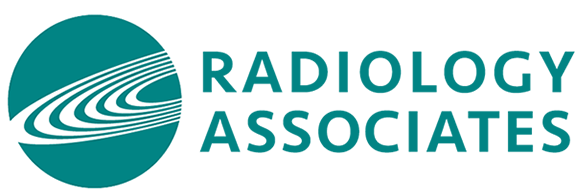According to the US Centers for Disease Control, heart disease is the number one cause of death among Americans, striking approximately 610,000 men and women annually. To put it in perspective, heart disease accounts for 1 out of 4 deaths each year. There are 3 major factors that are most likely to invite heart disease: high blood pressure, elevated LDL cholesterol (the “bad” cholesterol associated with clogging blood vessels), and smoking tobacco. An estimated 47% of Americans have at least one of these elevated risk factors.
Secondary risk factors include being overweight, an unhealthy diet, diabetes, physical inactivity and consuming too much alcohol. And while it’s easy to say, “Eat right, exercise, stop drinking and quit smoking,” achieving those goals long-term can be hard for many to accomplish. And some people who do manage to abandon their bad habits may still harbor the physical damage that has accumulated from years of unhealthy routines.
Many times, heart disease produces no or very subtle warning signs before it causes a heart attack. Because about 735,000 Americans have a heart attack each year, ignoring the possibility that it might happen to you could prove to be a risky decision.
Diagnostic Testing for Heart Disease
Catching plaque build-up, narrowing of the arteries and blood clots early, before they interrupt blood flow to the heart, can help stop a heart attack before it strikes. Getting treated to resolve blockage problems before they result in a heart attack can save your life, or help you get back to healthy living faster and easier than if you have to recover from a serious cardiac event.
Radiology Associates Imaging’s board certified, cardiac-trained radiologists and assisting diagnostic technologists provide an array of highly effective diagnostic tests to determine a more complete assessment of your cardiac health. RAI uses the most advanced cardiac testing equipment in the region, for the most accurate care available.
If you have any of the risk factors described here, a personal or family history of heart disease, or would simply like to know more about your cardiac health profile, talk to your doctor or healthcare clinician about cardiac testing. A small action now could save you from big problems later.
We at RAI take your cardiac health to heart – it’s part of our complete circle of care.

